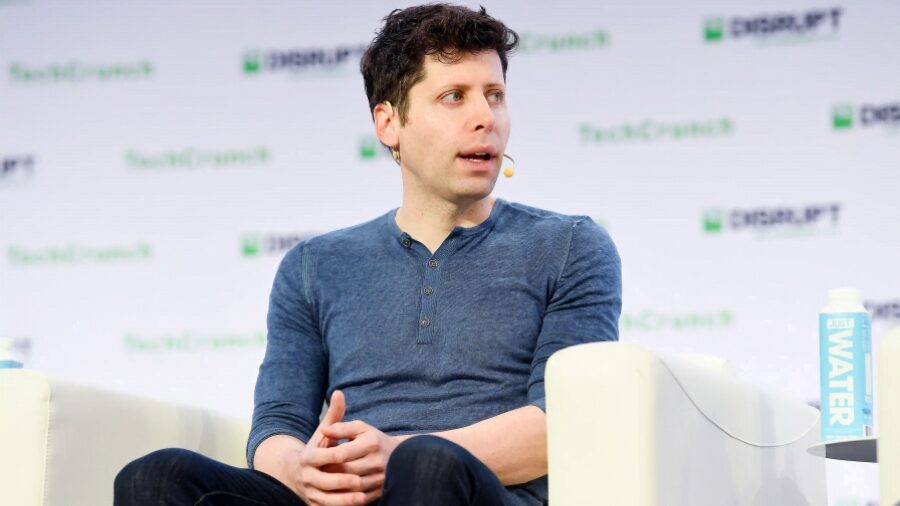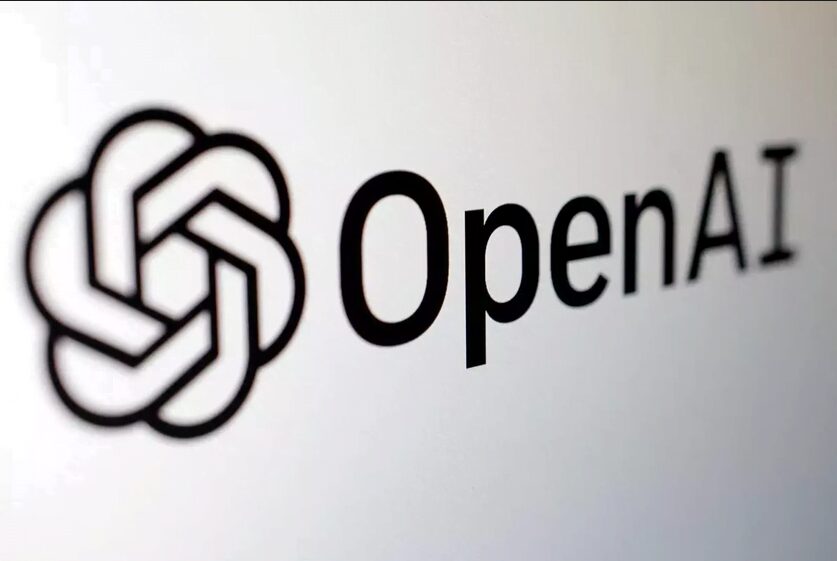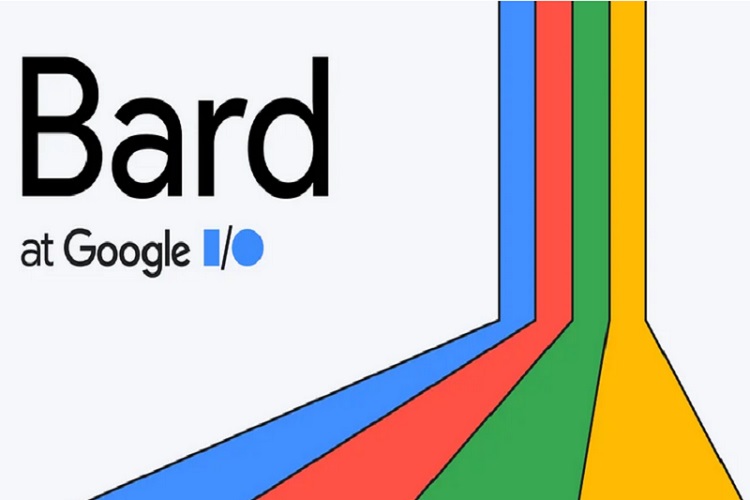
ChatGPT: A Threat to Jobs? OpenAI Founder Shares His Thoughts
The recent development of the ChatGPT-4 version of the bot has implications beyond just potential job loss. The bot is powered by GPT-4 and AI technology, meaning it has potential for large-scale disinformation and offensive cyberattacks. The threat of job losses is a major concern, as the technology could feasibly replace many manual labor jobs soon.
Sam Altman, the founder of OpenAI, has raised concerns about ChatGPT’s potential impact on human jobs. In an interview with ABC News, he expressed worry that the technology could lead to the displacement of human workers, as machines become more capable of performing tasks traditionally done by people. Altman’s comments reflect a broader debate around the benefits and risks of artificial intelligence and its impact on the workforce. While AI has the potential to revolutionize many industries and improve efficiency, it also raises concerns about the future of work and the need for retraining and education to keep up with evolving technology.

There is concern that the development of advanced technologies like ChatGPT could lead to job losses in certain sectors. As machines become more capable of performing tasks traditionally done by humans, some workers may find themselves replaced by automation. This trend has been seen in industries such as manufacturing and customer service, where robots and chatbots are increasingly used to perform routine tasks.
Additionally, it is worth noting that the impact of ChatGPT on employment is not necessarily a one-to-one replacement of human jobs with machines. Rather, the technology may change the nature of work and create new job opportunities that require different skill sets. For example, the development and maintenance of ChatGPT itself will require skilled programmers, data scientists, and engineers.
Furthermore, ChatGPT and other AI technologies have the potential to augment human labor, rather than replace it entirely. By automating routine tasks, AI can free up workers to focus on more complex and creative aspects of their jobs, leading to increased productivity and job satisfaction.
Ultimately, the impact of ChatGPT on employment will depend on a variety of factors, including the rate of technological advancement, the willingness of businesses to adopt new technologies, and the ability of workers and society as a whole to adapt to these changes. It is important for policymakers, business leaders, and individuals alike to remain engaged with these issues and work to ensure that the benefits of AI are shared fairly and equitably.
While the impact of ChatGPT on employment remains to be seen, it is important to acknowledge the potential risks and work to mitigate them. This could involve investing in education and training programs to help workers transition to new roles or industries, as well as exploring policies such as universal basic income or job guarantees. It is also important to consider the ethical implications of automation and ensure that these technologies are developed and used in a way that benefits society as a whole.




One Comment